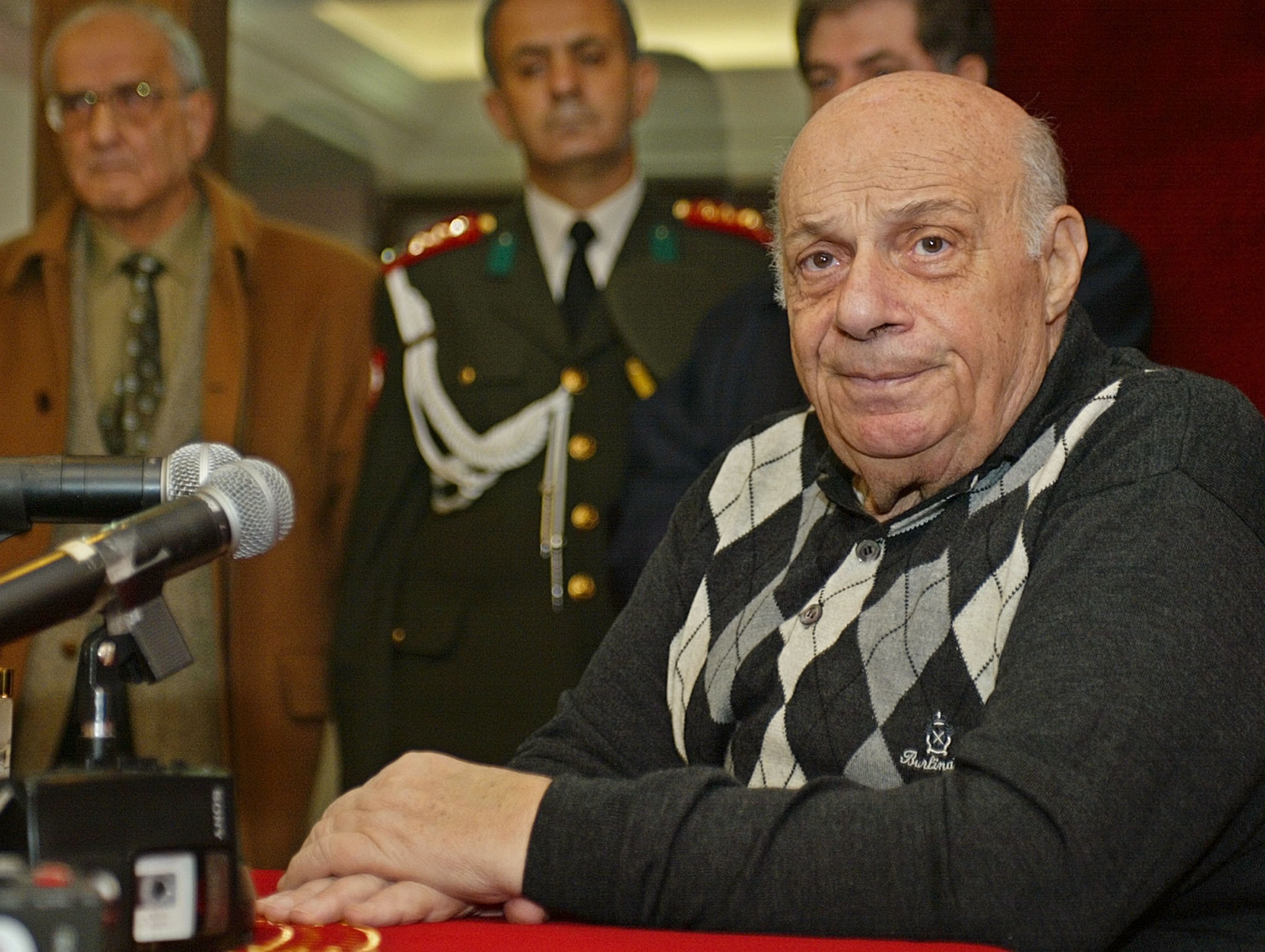THE TURKISH Cypriot leadership wants an engagement but not a wedding. The Greek Cypriot side wants a wedding, not an engagement. While this battle is being fought on a political level, ordinary Greek and Turkish Cypriots are eloping.
For 29 years international mediators have been saying the Cyprus problem could be solved if only the political will existed. It’s still a long way from being solved but what happened this week shows just how much a smattering of political will can achieve.
All it took in the end from the Turkish Cypriot side was to announce that it would open up a checkpoint it had kept firmly shut for decades.
The big question on everybody’s lips is why now?
Answers are most likely related to the collective finger being pointed at Turkish Cypriot leader Rauf Denktash for rejecting the UN plan, internal unrest from impoverished Turkish Cypriots, Cyprus’ EU accession, Denktash’s last-ditch grab at legitimacy and elections in the north later this year.
Denktash appears to have has distanced himself from the whole business and is not making any public statements, which has given rise to speculation that he was pressured from some quarters — particularly Ankara — to lift the ban on crossing.
Surprised and delighted diplomats and analysts say it’s difficult to say what has brought it on but they also sound a note of caution on the possible pitfalls when the honeymoon is over.
“This was a great PR step that is going to be reported internationally,” said political analyst James Ker-Lindsay. “It’s also interesting that the main spokesman for all this has been Serdar Denktash.”
Ker-Lindsay said one of the reasons for the measures was likely connected to the dissatisfaction Turkish Cypriots have been feeling in recent months.
“You have to ask if there is an element of relieving the pressure valve that has been building up in the Turkish Cypriot community against the regime over the past few months and especially with an eye on the elections later in the year,” he said.
He also agreed that some circles would be keeping a close eye on the move in terms of it being a ‘test case’ for a solution.
“At the moment it seems to be all smiles but once the novelty wears off what happens if there is an incident? This will be the real test as to how far this thing goes,” Ker-Lindsay said.
However he believes it would take something very serious to put people off.
“There was a lot of goodwill yesterday and a lot of Turkish Cypriots were surprised to see how easily they could mingle with the Greek Cypriots and there were no problems and a lot of Greek Cypriots were also surprised at the friendliness they encountered.”
One diplomat repeated Denktash junior’s assertion that the move was not a bid for recognition but an attempt to see if the two sides can learn to trust each other and live together.
“Is it an attempt to marginalise (the international community) and say ‘we can go it alone’? Suddenly you repossess the negotiations under which your room to manoeuvre is restricted by Security Council resolutions,” the diplomat said adding the UN plan was not an effort to sell a bill of goods to people. “The effort is to try and best represent the interests of the people,” he said. “I believe there are all kinds of political agendas in play here.”
Commenting on the possibly of it all ending in tears if any incidents occur that give Denktash the chance to say the two sides cannot live together, the diplomat said: “If Cyprus isn’t old enough, wise enough or mature enough at this point in time to recognise that you will always have a hothead, there will always be an incident. It isn’t that you go out to embrace it. It isn’t that you welcome it, but clearly you have to be able to live through that and deal with it and cope with it and move forward and if you haven’t learned from the past than surely that is one of the basic lessons.”
Greek Cypriot analyst Sofronis Sofroniou said opening the checkpoint was a welcome development.
“Whatever the motives might be, it will create a better atmosphere unless there is any provocation,” he said. “I hope this thing is beyond the control of Denktash and extremists on both sides and will show that the two communities can live together. Already there has been a strong signal they are both happy to meet again.”
Sofroniou believes someone has been pushing Denktash. “I think he has been forced to do something to show some movement because he has been the man who never moves,” he said adding that he believed Serdar Denktash was seen as more flexible.
“I think would be very difficult for Denktash to stop it now. He would lose a lot of faith locally and internationally.”
Sofroniou said the mad rush by Greek Cypriots to cross over was a symptom of their fear that Denktash could pull the plug just as quickly as he removed the barricade. “But I doubt whether it can stop now,” he said.
Sener Levent, the Turkish Cypriot publisher of opposition newspaper Afrika summed it all up in a message to the people of both sides: “The people are satisfied. The opposition is very upset. Denktash is worried. The Greek Cypriots are trouble. Do not worry… make the most of it.”

